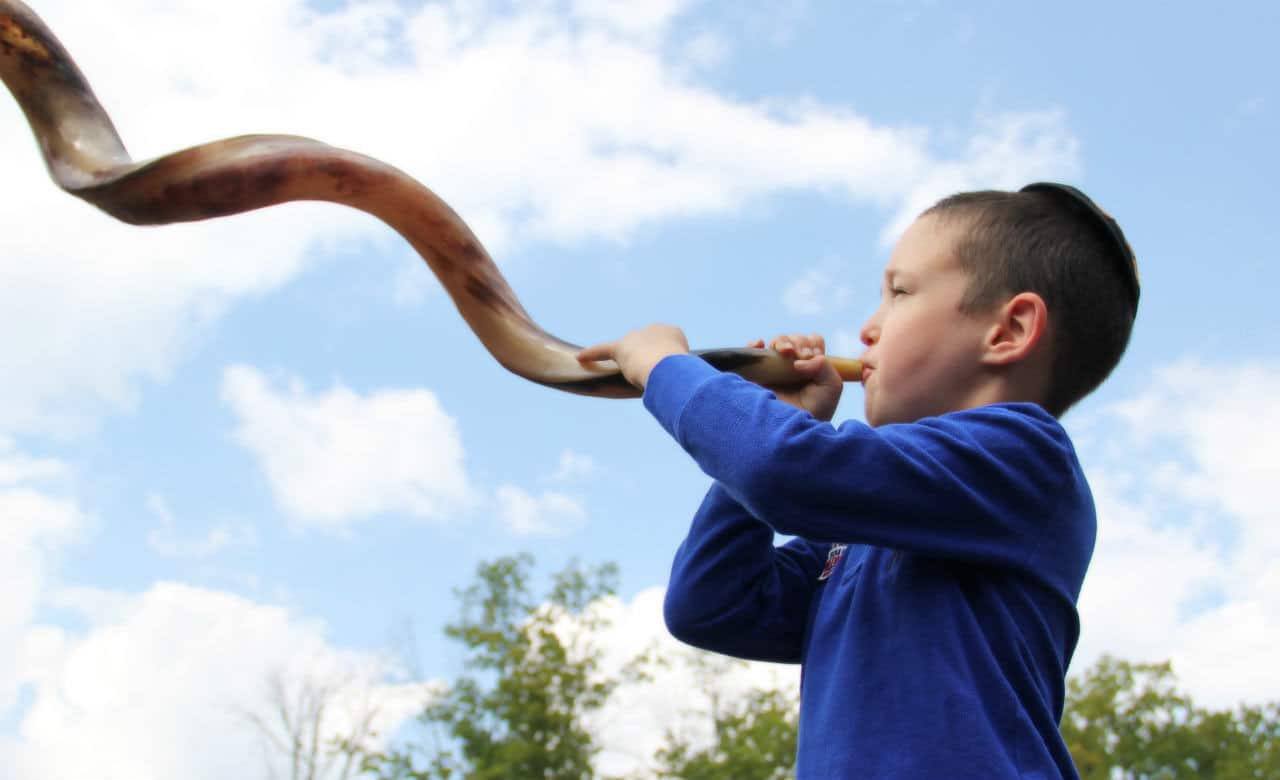
With Jewish communal life turned upside down during these pandemic times, and the High Holidays fast approaching, the anxiety of uncertainty is reaching a peak.
How will we deal, for example, with the fact that synagogues — those sacred gathering places many of us cherish — are expected to remain closed throughout the holidays and beyond?
One of the more vexing questions is whether synagogue members and others will make their usual donations at this time of year. After all, why donate to an empty space? Who wants to buy tickets to a Zoom service?
In communities where digital technology is not permitted, the question is: Do I want to pay for a virus-restricted indoor prayer service, especially if I have access to a more comfortable private backyard service?
At a time when so many people have taken financial hits, and so many are doing virtually everything online, these are not idle questions.
The same applies to other Jewish institutions, such as schools, museums, community centers, and the like: How much revenue can an inactive space generate? How much will people contribute for an online experience that competes with a million others?
Whether we’re talking about huge malls, fancy restaurants or tiny synagogues, “inactive space” is the defining reality of the COVID-19 era. Let’s face it, this is a social and communal upheaval — our physical spaces have become health liabilities.
How does one react to such radical disruption? In the case of synagogues, perhaps the easy answer is to “opt out” of the traditional membership model — give less, engage less — until things return to normal.
I’d like to suggest a more radical response: Let’s double down. Yes, during this extraordinary crisis, let’s not just opt in, let’s double down.
For those who can afford it, double down and give more to your synagogue than you normally would. For those who can’t afford it, find ways to do more and engage more. Bring more Judaism into your home. Deepen your learning. Find more ways to help others.
For those who can afford it, double down and give more to your synagogue than you normally would.
Doubling down is a two-way street. Synagogues and other institutions must go beyond simply putting their regular programming online. They must add value by being creative and imaginative. The more they do, the more their members will do.
Either way, we must let our rabbis and leaders know we won’t let them down during this crisis. Our buildings may be empty, but our hearts are full. Our communities and favorite causes need us now more than ever.
Our buildings may be empty, but our hearts are full. Our communities and favorite causes need us now more than ever.
Why am I arguing to do more when many of us feel like doing less? Because it’s unexpected, because it’s as radical as the nasty virus trying to shut us down.
And, lest we forget, because being responsible for one another is the Jewish way. Isn’t that how we’ve survived for so long? Isn’t that how we’ve managed to maintain, against all odds, a Torah tradition that goes back thousands of years?
As Rabbi Nicole Guzik of Sinai Temple wrote in her “Bisl Torah” last week, for the sake of our community, this is not the time to opt out of our responsibilities.
“In choosing whether to belong to a synagogue or support nonprofit institutions,” she wrote, “many are deciding to take a ‘year off’ and consider rejoining the following year. Jewish professionals across the world are reaching out to colleagues and peers, understanding that if enough people decide to opt out, the Jewish world that once was will never look the same.”
It was a cry from a rabbi’s heart: “The COVID-19 era has devastated the world — stolen lives, impaired people’s health, injured financially, stricken mentally and emotionally. There are many who cannot afford to rejoin our communities, yet these are the members of our faith communities who must hear our support and feel our love.”
Guzik’s piece struck such a nerve, she has expanded it into a longer, “open letter” to Jewish parents which you can read in this week’s issue. I hope her message spreads far and wide:
“Parents, many of us wonder how to teach our children the value of community. We ask each other how our children will understand what it means to be something bigger than themselves, part of a greater cause, and feel the essence of being Jewish. There is no greater way of imparting this lesson to our children than with the following answer: Show them. Your actions pave the way for every decision they will make in the future.”
Indeed, this is a moment of truth for the Jewish future. We can shrink from the pandemic challenge and resign ourselves to a sad reality. Or we can rise to the occasion and double down on a legacy that has sustained us for 5780 years.
Who among us will rise to the occasion as we approach 5781?





















 More news and opinions than at a Shabbat dinner, right in your inbox.
More news and opinions than at a Shabbat dinner, right in your inbox.